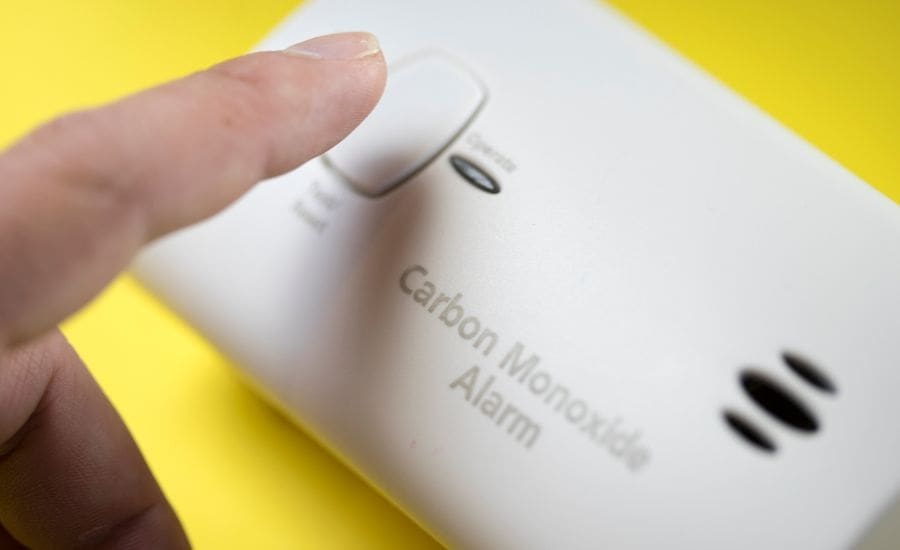Nationwide, November is recognized as Carbon Monoxide Awareness Month. NIPSCO wishes to take this opportunity to raise awareness of the dangers of carbon monoxide in the community to help keep everyone safe.
Carbon monoxide (CO) is known as the “Silent Killer” because it is an odorless, tasteless, and non-corrosive gas that is produced when fuels (such as gasoline, wood, natural gas, propane, or oil) burn incompletely. Despite the fact that natural gas does not contain CO, it can be generated when there is insufficient oxygen for fuels to burn correctly.
The most reliable way to determine whether you have a CO leak is to have fully functional CO detectors in your home on every level and in every room where someone sleeps. Remember to test and replace your detector batteries on a regular basis.
Know the Symptoms
With CO poisoning, you may experience flu-like symptoms, including headaches, dizziness, nausea, vomiting, irregular breathing or feeling ill. If CO is present in your home, you may feel tired at home but fine when away from home. Don’t ignore the warning signs. Carbon monoxide can be fatal within five minutes at high concentrations.
Prevent Carbon Monoxide Poisoning & Emergencies
- Don’t star up vehicles in your garage without the garage door being open
- Do have fuel burning equipment, like your furnace, inspected annually by a qualified technician – which also helps ensure your appliances are running and using energy efficiently
- Don’t start gasoline-powered equipment in the garage
- Do keep vents and chimneys clear of debris or other blockages
- Don’t use a gas or charcoal grill in your garage
- Do check for visible signs of problems such as high humidity, soot, or water collecting near a burner or vent
- Don’t use a stove or oven as a source of heat in your home; ovens are designed to heat food and should only be operated with the door closed
NIPSCO recommends that you have your natural gas appliances serviced annually by a qualified professional. In addition to keeping your appliances operating at optimal efficiency for energy conservation, this is one of the best ways to prevent carbon monoxide emergencies. For a list of qualified plumbers or contractors, please visit NIPSCO.com/contractors.
If you think carbon monoxide is present or your CO detector sounds, leave the area to get fresh air, immediately call 911, and DO NOT GO BACK until repairs are made and it is safe to reenter.
To learn more about how to stay safe from Carbon Monoxide, including information about ensuring proper ventilation for your appliances, please visit NIPSCO.com/co.

